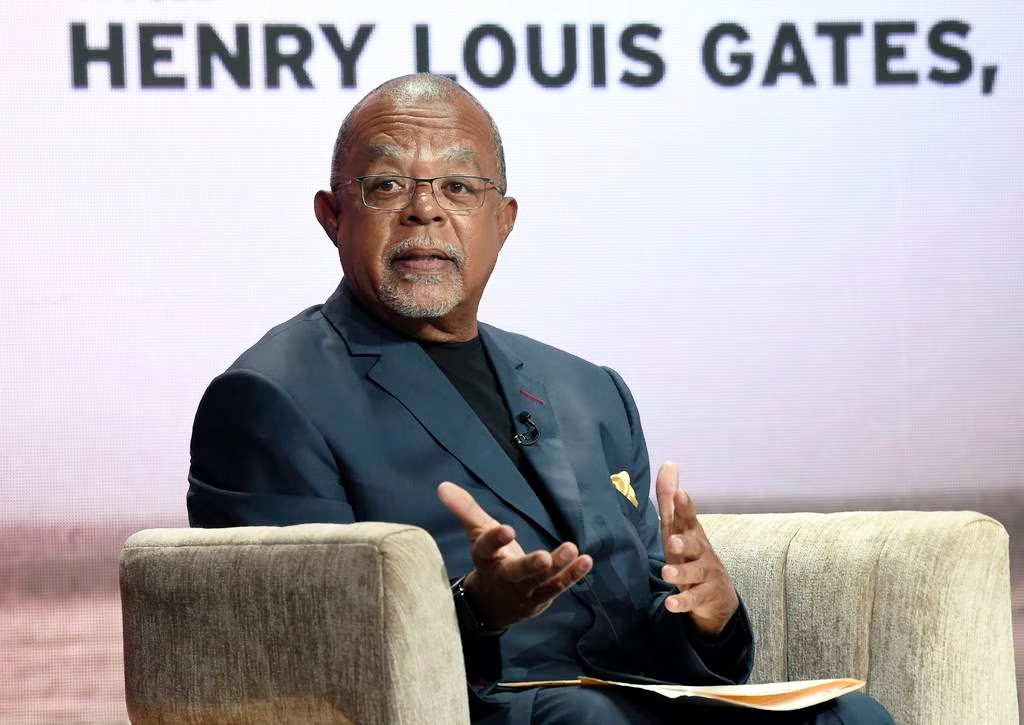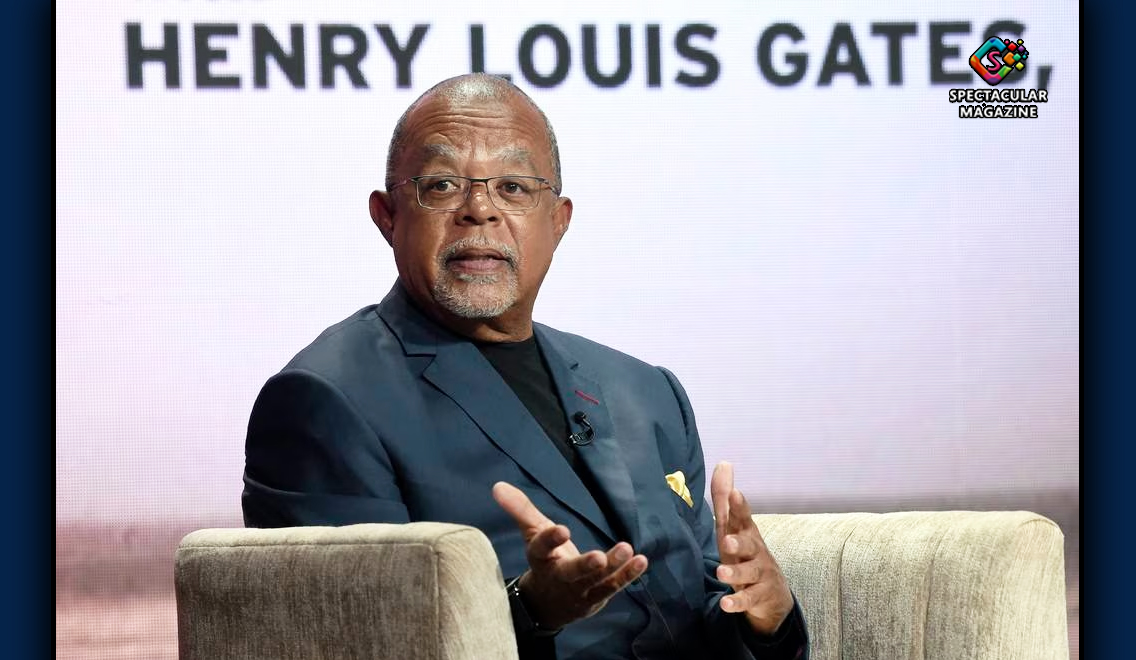African-American English Dictionary Gives First Look At Words Including ‘Bussin’, ‘Grill’
A dictionary composed of words created or redefined by Black people released a list of words that will appear when the book is published in March 2025.
Topping the list is “bussin,” which is an adjective and a participle. The word, according to the definition, can be used to describe a lively event or anything impressive. It can also describe tasty cuisine like “chitterlings,” a dish made from pig intestines.

Harvard University African-American history Prof. Henry Louis Gates Jr. is editing the endeavor, which he plans to grow to 1,000 definitions by its first printing.
Gates recalls being a fan of dictionaries when he was an 8-year-old boy in the third grade. “I thought the dictionary was magical,” he said.
But finishing his daunting project will be no “cakewalk,” which the upcoming dictionary describes as “something that is considered easily done.” The etymology of “cakewalk” also harkens back to slavery when Black people competed for cake by performing stylized walks in pairs.
Also included on the list is “grill” (a dental overlay worn as jewelry), “pat” (a verb meaning to tap one’s foot), and “ring shout” (a ritual in which groups move in circles clapping and singing).
“Aunt Hagar’s children” — one of the book’s several terms with spiritual roots — refers to Black people collectively and is believed to be a noun inspired by Hagar in the Bible.
Rounding out the list of 10 words is “Promised Land,” which is “a place perceived to be where enslaved people and, later, African-Americans more generally, can find refuge and live in freedom.”
Added to Dictionary.com in February
You’ve probably witnessed a particularly blatant instance of rage farming on this hellscape that we call the internet. Maybe you’ve rolled your eyes at the pinkwashing that abounds during Pride Month. Perhaps you’ve felt violated when a Zoom call fell prey to cyber flashing.
In a sign of our Extremely Online times, these terms describing the bleak realities of our digital sphere are among the additions to Dictionary.com announced in February 2023. The online reference site has added 313 new entries, 130 new definitions for existing entries, and 1,140 revised definitions – several of which reflect how the internet has shaped our experiences and vernacular.
“It’s not surprising to me that this new digital context of our lives is necessitating a new kind of language,” John Kelly, senior director of editorial at Dictionary.com, told CNN. “And it’s interesting that a lot of a new language does give a label to more toxic or harmful behaviors.”
Rage farming, for the uninitiated, refers to “the tactic of intentionally provoking political opponents, typically by posting inflammatory content on social media, to elicit angry responses and thus high engagement or widespread exposure for the original poster.” Pinkwashing is when individuals or institutions show superficial support for LGBTQ rights “as a ploy to divert attention from allegiances and activities that are hostile to such liberties” – in other words, talking the talk but not walking the walk. And as you might imagine, cyber flashing is the act of sending unsolicited, sexually explicit visuals online.
Such words and phrases aren’t necessarily new – indeed, those who spend a lot of time on social media have likely encountered or used them for years. But their inclusion in the dictionary signals that they’ve reached a certain level of popularity and mainstream usage, Kelly said.
Take, for instance, the newly added entry queerbaiting. The term is slang for “a marketing technique involving intentional homoeroticism or suggestions of LGBTQ+ themes intended to draw in an LGBTQ+ audience, without explicit inclusion of openly LGBTQ+ relationships, characters, or people.” In recent years, celebrities including Harry Styles, Bad Bunny, and Cardi B have been accused of the practice (though critics of the term say it invites unfair speculation around a person’s sexuality and policies on gender expression).
Another term in Dictionary.com’s latest update, trauma dumping, points to the social media discourse around mental health. The phrase, which describes an unsolicited offloading of negative experiences and feelings onto an unsuspecting person, was at the center of a TikTok controversy in 2021 and has since been the subject of several online articles.
New additions also reflect how we discuss identity
The internet isn’t all doom and gloom. It’s also made it easier for people to connect with each other, which has given rise to more nuanced ways of discussing identity, Kelly said. Many of the new additions reflect a shift toward more inclusive language.
“WOC,” short for a woman of color, made the list, as did “Latine,” an alternative to the divisive, gender-neutral term “Latinx.” The terms multisexual and sexual minority offer more expansive ways of discussing sexuality, while anti-fat captures negative cultural attitudes toward fat bodies.
Among the lighter entries is petfluencer, which can describe either a person who has amassed an extensive internet following by posting pictures of their pet or a pet who itself has achieved internet fame, as well as fan service, a term for material added to a fictional work for the benefit of its fans.


